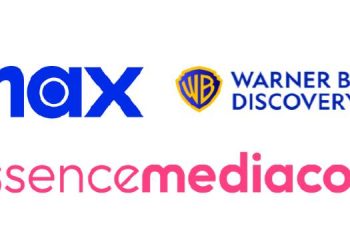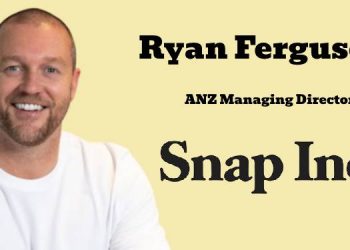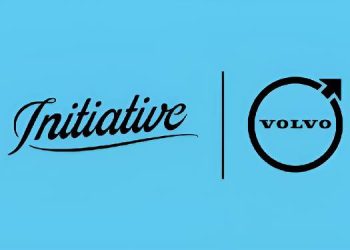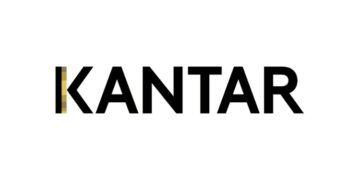In a keynote presentation to the Advertising Week conference in New York, Keith Weed, chief marketing and communications officer of Unilever, offered a score card on how the marketing industry is faring in issues around transparency.
Publishers are not doing enough to stamp out ad fraud while the likes of Google and Facebook are failing to help brands accurately measure performance across different platforms, one of the world’s most influential marketers has warned.
His assessment of the need for publishers to engage more on ad fraud was later endorsed on stage by WPP boss Sir Martin Sorrell.
Unilever is the world’s biggest consumer companies, with its hundreds of brands including the likes of Dove, Omo, Rexona, Magnum and Axe.
Weed told the audience: “One thing holding us back is that the digital media supply chain is still very murky, and it still isn’t where it should be.
“You can say ‘hold on, it’s a new area,’ but is it really that new now? It’s been around for years. It certainly very large and certainly a huge amount of money is being invested in it.”
Weed said that he focused on the “three vees” of verification, viewability and value.
He said: “We were the first company to say that 100% viewability was our standard. If we’re going to have an ad we want to make sure the ad is going to be seen. We want an ad to be third party verified and we want to understand the value.”
Moving to his slide of the report card, Weed said “good progress” had been made on viewability and verification, but added: “We’re not quite there.” He gave a mark of B+.
But he added: “Having said that, when we move on to ad fraud, I still think there’s more work to do, and indeed on brand safety.”
He gave a C mark for ad fraud, saying publishers need to “engage”.
He then added: “The one I’d like to highlight on the report card is that of cross platform measurement.”
Giving a failing grade for cross platform measurement because campaign performance is too hard to compare across individual social networks, he said: “At the end of the day we’ve got to see over the walled gardens of the Googles and the Facebooks and the Twitters and Snapchats and be able to measure across the whole market. And be able to as marketers understand the dynamics between TV and digital, etcetera.
“It’s in all our interests because the good guys will win. It will take ad fraud off the table. And whenever there’s a question mark in any market it isn’t good for market growth.”
Weed appeared to allude to a string of corrections issued by Facebook in recent months to the metrics it releases to its advertisers. “We really need to focus on making sure we don’t have people marking their own homework,” he said.
Weed later added: “The trouble about a murky situation is the consumers have to wade their way through it. And if you have a rubbish experience they are indeed going to walk away from the very advertising that supports all these great platforms.
“There’s already 600m people ad blocking … if this isn’t a wake up call to the industry, I don’t know what is.”
Sorrell’s WPP is the world’s biggest communications holding group, with media agencies including Mediacom, Mindshare and the merging MEC and Maxus.
He said: “Do I think it’s an A+? No. Do I think it’s an A-? Maybe not. I think we would give ourselves a B+ as an industry. We push very hard.
“The digital companies deserve less than a B+ because they’ve tended to respond to force majeure.”
Speaking about Havas’ decision earlier this year to boycott YouTube in the UK over concerns about brand safety, Sorrell said: “We did not believe, by the way, that the way to deal with this was a boycott. How could you boycott arguably the world’s most infuential medium? So we thought the best thing was to work with them through the standards. And the standards have improved.”

















